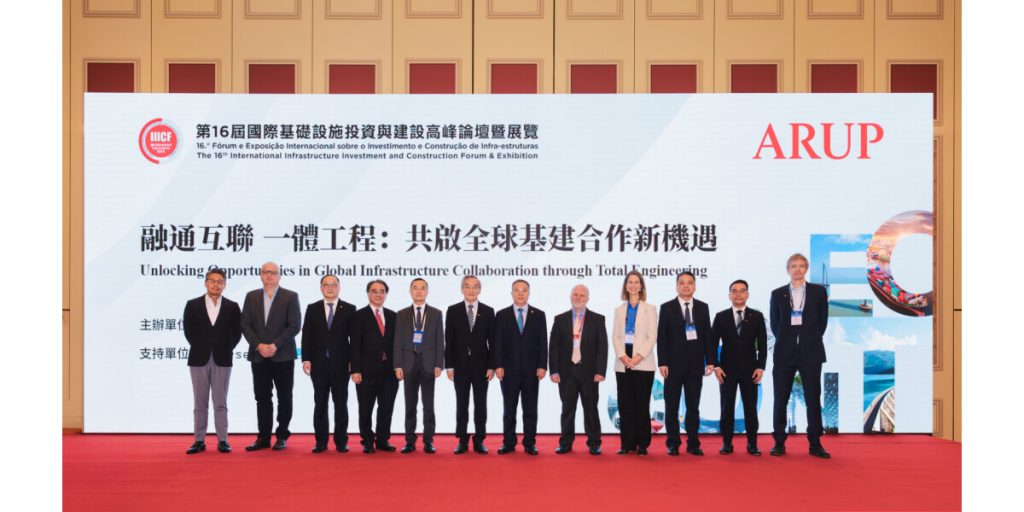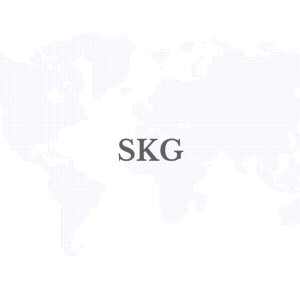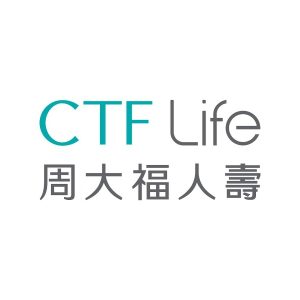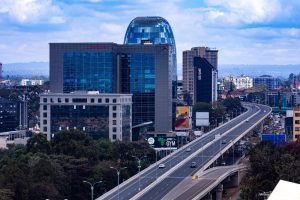

The forum opened with keynote speeches by Matt Crossman, Deputy HMTC, Department for Business and Trade, British Embassy Beijing; TC Chew, APAC Managing Director, Arup; and Fang Qiuchen, Chairman of CHINCA. TC Chew remarked:
“The APAC region offers immense potential for infrastructure development, alongside unique complexities. At Arup, we are addressing these challenges using Total Design. This holistic approach brings us a comprehensive view on what’s possible, desirable, and commercially viable. It enables us to integrate diverse expertise through seamless collaboration, creating innovative and sustainable solutions that adapt to changing client needs and regional obstacles. By delivering impactful projects that resonate with local communities, we drive meaningful change, shaping a resilient and sustainable built environment for the future.”
Further keynote addresses were given by Kate West, Chief Officer, APAC Business & Markets, Arup. Kate said:
“The Asia-Pacific region will see one of the highest construction industry growth rates of any region globally over the next 10 years, driven by the outperformance of key emerging markets including Indonesia, Malaysia, Vietnam and the Philippines. This growth is driving huge demand for skills and capital across the building and infrastructure sectors, amid a broader economic expansion. At Arup, we’re harnessing our global expertise and deep local relationships across our integrated APAC region to navigate these complexities—sharing knowledge, building capabilities, and delivering better outcomes for our clients and communities.”
Two panel discussions followed, with prominent industry experts sharing insights on large-scale international infrastructure projects. The first panel, titled ‘Challenges and opportunities of large-scale international infrastructure projects’ was moderated by TC Chew. Panellists included Jacob Kam, CEO of MTR Corporation; Zhou Jiayi, Deputy GM of Power China International Company, GM of the Asia-Pacific Regional Headquarters; and Matt Crossman. Together, panellists discussed the various challenges in international infrastructure development including financing, new technologies, environmental protection, and policies and regulations. They also exchanged ideas on how to make the most of complementary strengths, promote new types of partnerships, and ensure everyone benefits from the outcome.
The following keynote speeches were delivered by Michael McGowan, APAC Transport Market Portfolio Leader, Arup and David Moran, APAC Digital Leader, Arup. Michael, who has led aviation, road, utility, and planning projects, and David, an expert in IT strategy and project management, shared their experiences on large, multidisciplinary infrastructure projects. They also offered perspectives on the future of infrastructure development.
The second panel discussion was moderated by Philip Wong, East Asia Business & Markets Director, Arup, and featured Chan Kuong In, Deputy General Manager, China Construction Engineering (Macau) Company Limited; Lu Yuchun, Chief Engineer of Smart Transportation BU, Huawei; and Charles Im, Southeast Asia Rail Leader, Arup. Drawing on their experiences, the panellists analysed design technology, market culture, ecological demands, and collaborative approaches that can drive progress in smart, green, and sustainable infrastructure development.
Additionally, Theresa Yeung, East Asia Managing Principal, Arup discussed the role of the Mechanism for International Sustainable Infrastructure Promotion (MISIP) in multi-stakeholder collaboration with several experts at another panel discussion. She said:
“MISIP offers a valuable platform that brings together governments, investors, and technical experts to accelerate the development of sustainable infrastructure. At Arup, we believe that the most resilient and future-ready solutions emerge when diverse stakeholders collaborate from the outset. MISIP enables this by fostering shared understanding, aligning priorities, and encouraging innovation across sectors and geographies. It’s a much-needed mechanism to help cities and communities transition toward more inclusive, low-carbon, and adaptive infrastructure systems.”
There has been an increase in international cooperation in infrastructure construction, thanks in part to national policies such as the Belt and Road Initiative. Arup believes this forum, which has brought together experts and leaders from various sectors, will promote more project resource sharing and multidisciplinary collaboration. It will also help industry professionals stay informed about market trends, challenges, and opportunities, and ultimately support the international infrastructure development.
Hashtag: #Arup
The issuer is solely responsible for the content of this announcement.
About Arup
Arup is a global built environment consultancy with advisory and technical expertise across more than 150 disciplines. We create safe, resilient, and regenerative places, bringing a Total Design approach to our work for our clients.
With over 40 years of experience in China, we are at the forefront of industry development. Our projects span landmark architecture, large-scale infrastructure, as well as regional and city-scale planning, strategic management consultancy and digital services.
Our portfolio includes iconic projects such as the Sydney Opera House, the Centre Pompidou in Paris, the Queensferry Crossing in Scotland, and Singapore’s Changi Airport.
In China, we have contributed to a series of significant projects such as CCTV Headquarters in Beijing, the National Stadium and the National Aquatic Centre (the ‘Bird’s Nest’ and ‘Water Cube’), the Hong Kong–Zhuhai–Macau Bridge, and the Shanghai urban drainage master planning. Through these projects, we have not only witnessed China’s urban growth and prosperity but also demonstrated our technical excellence and extensive project experience.





